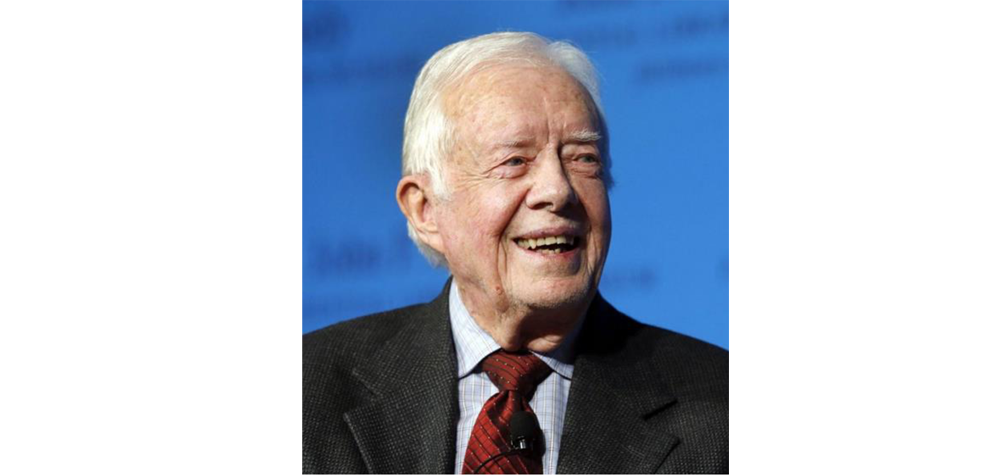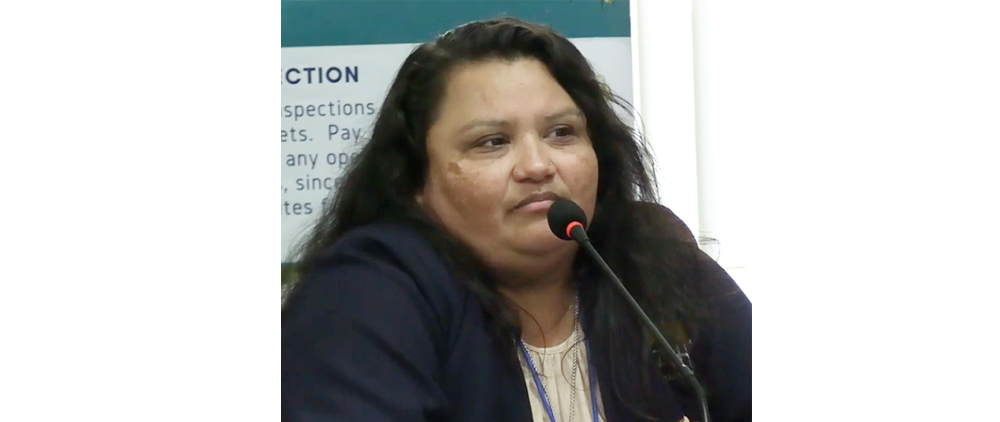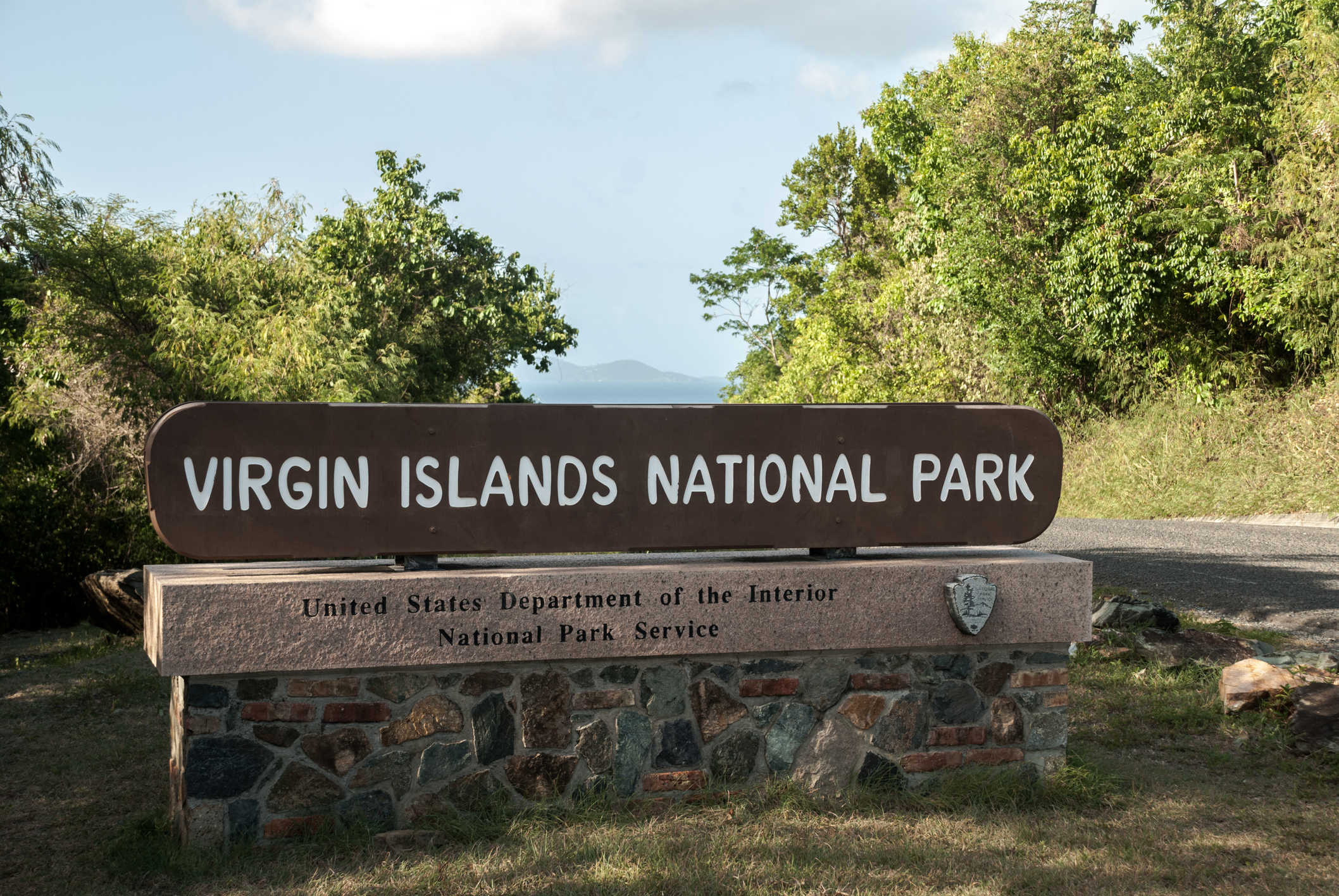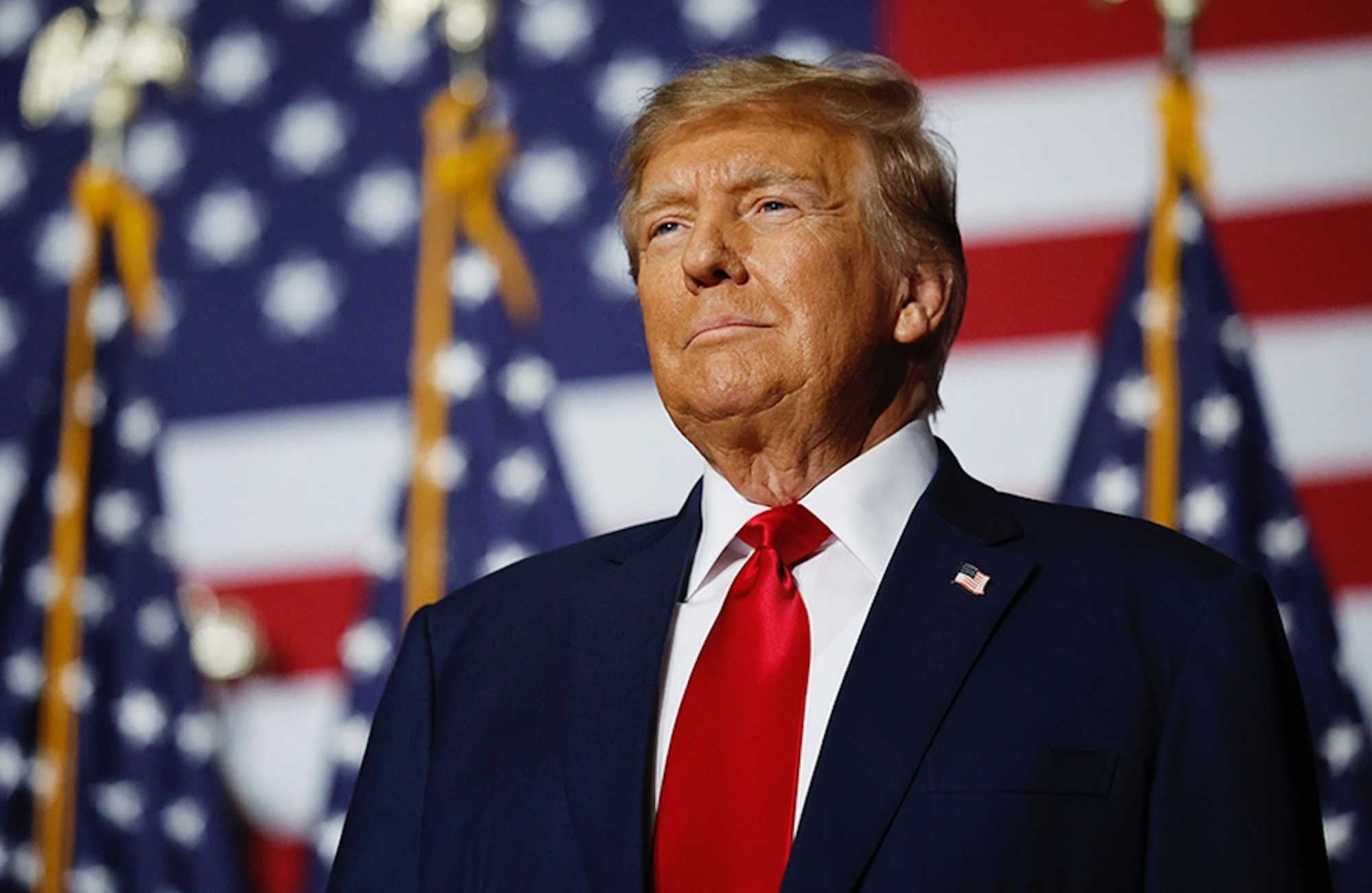

Photo: Former President Jimmy Carter speaks during a forum at the John F. Kennedy Presidential Library and Museum in Boston, Nov. 20, 2014. (AP Photo/Elise Amendola)
By Meg Kinnard
The Associated Press, Dec. 30, 2024
Jimmy Carter, the peanut farmer who won the presidency in the wake of the Watergate scandal and Vietnam War, endured humbling defeat after one tumultuous term, and then redefined life after the White House as a global humanitarian, died Sunday. He was 100 years old.
The longest-lived American president died on Sunday, more than a year after entering hospice care, at his home in the small town of Plains, Georgia, where he and his late wife, Rosalynn, spent most of their lives, The Carter Center said in a post on X. It added in a statement that he died peacefully, surrounded by his family. Businessman, Navy officer, evangelist, politician, negotiator, author, woodworker, citizen of the world—Carter forged a path that still challenges political assumptions and stands out among the 45 men who reached the nation’s highest office. The 39th president leveraged his ambition with a keen intellect, deep religious faith and prodigious work ethic, conducting diplomatic missions into his 80s, and building houses for the poor well into his 90s. As reaction poured in from around the world, President Joe Biden mourned Carter’s death, saying the world lost an “extraordinary leader, statesman and humanitarian” and he lost a dear friend. Biden said he is ordering a state funeral for Carter in Washington.Many evolutions for Carter, centenarian ‘citizen of the world’
Newly married and sworn as a Naval officer, Carter left his tiny hometown in 1946 hoping to climb the ranks and see the world.
Less than a decade later, the death of his father and namesake, a merchant farmer and local politician who went by “Mr. Earl,” prompted the submariner to return to the rural life of Plains.
The lieutenant became commander in chief. Years after his presidency ended in humbling defeat, he would add a Nobel Peace Prize, awarded not for his White House accomplishments but “for his decades of untiring effort to find peaceful solutions to international conflicts, to advance democracy and human rights, and to promote economic and social development.”
Later in life, Carter conceded that many Americans, even those too young to remember his tenure, judged him ineffective for failing to contain inflation or interest rates, end the energy crisis or quickly bring home American hostages in Iran. He gained admirers instead for his work at the Carter Center—advocating globally for public health, human rights and democracy since 1982—and the decades he and Rosalynn wore hardhats and swung hammers with Habitat for Humanity.
Yet the common view that he was better after the Oval Office than in it annoyed Carter, and his allies relished him living long enough to see historians reassess his presidency.
Related News

V.I. Energy Office Closes First Solar Plus Financing Loans, Paving Way for Expanded Renewa...

Belize on “full-court press” against NW Screwworm

Virgin Islands National Park to Host Public Meeting on January 8

